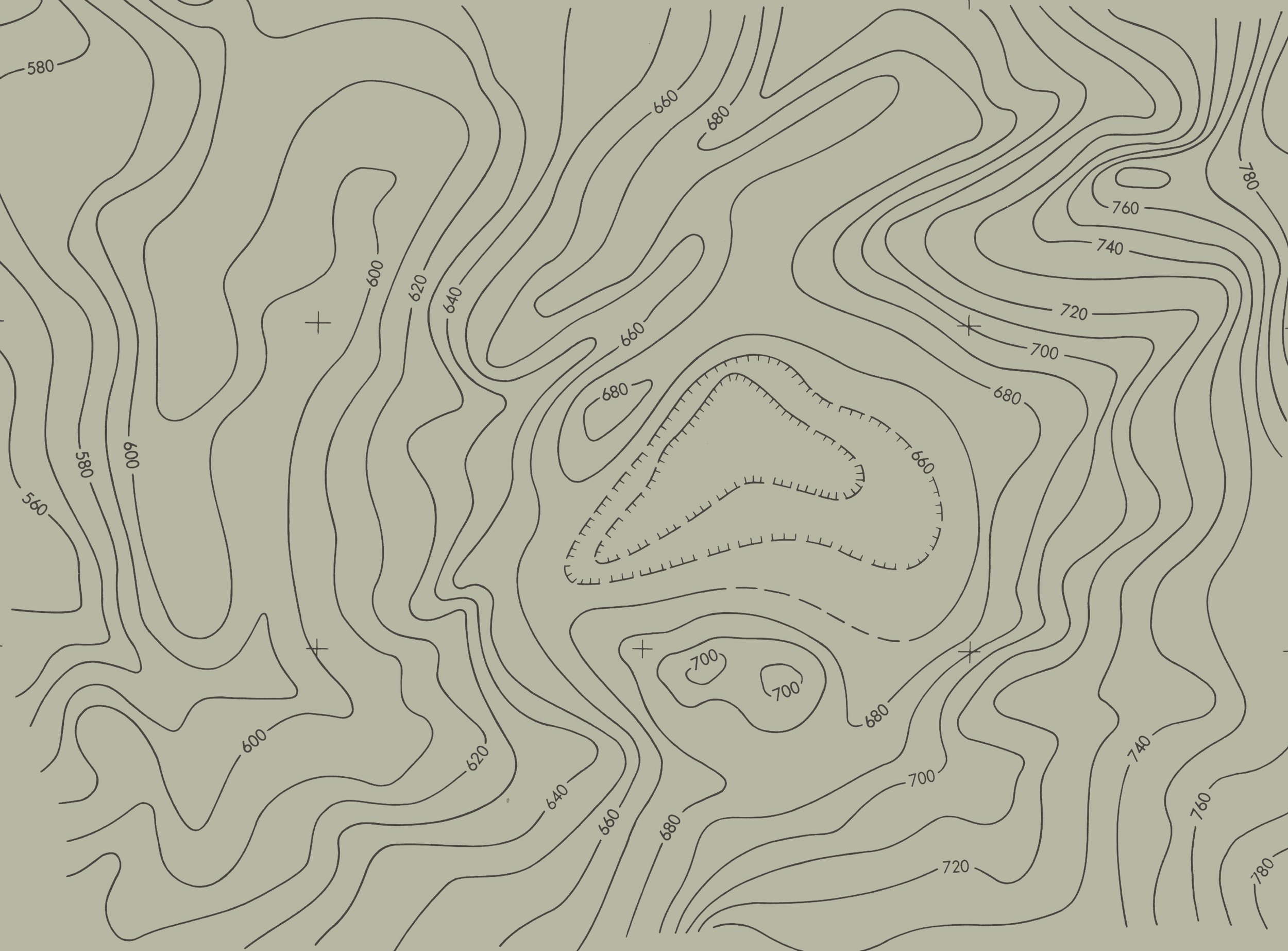Our Services
At Rock Solid Analytics we provide exceptional and comprehensive services, producing expert analysis and solutions for groundwater-related projects.
What We Can Do For You
Python Scripting And Training
At Rock Solid Analytics, we understand the significance of Python scripting as a versatile and powerful programming language in the field of hydrogeology. Our team offers in-depth knowledge and hands-on experience in leveraging this language for plotting hydrographs, building ground water models from scratch to calibrating the models for application. Whether you need assistance with developing custom scripts, optimizing existing code, or automating repetitive tasks, we have you covered.
Groundwater Modeling
Groundwater modeling is another core aspect of our expertise. We recognize the importance of understanding and managing groundwater resources, especially in today's world where water scarcity and environmental concerns are on the rise. Our team specializes in developing advanced groundwater models that simulate the complex behavior of aquifers, helping you gain insights into water availability, flow patterns, and contamination risks. By employing state-of-the-art modeling techniques, we aid in decision-making processes for water resource management, environmental impact assessments, and remediation strategies. Groundwater models can be classified into two major categories: analytical and numerical, each have advantages and disadvantages.
Analytical Models are mathematical models that represent a simplified version of an aquifer system. These types of models can be used to predict draw down caused by nearby pumping or estimate aquifer properties from a pumping test. These types of groundwater models are generally cheaper to make than numerical models.
Numerical Models
Analytical Models
Analytical Models are mathematical models that represent a simplified version of an aquifer system. These types of models can be used to predict draw down caused by nearby pumping or estimate aquifer properties from a pumping test. These types of groundwater models are generally cheaper to make than numerical models.
Rock Solid Analytics utilizes the code TTim A Multi-Layer, Transient, Analytic Element Model developed by Mark Bakker for most of these types of problems models.
Numerical Models
Numerical models are computational tools used to simulate and analyze complex geological processes and phenomena. These models employ mathematical equations and algorithms to represent the physical behavior of geological systems, such as groundwater flow, transport. By discretizing the geological domain into smaller units and applying fundamental principles of physics, these models provide insights into groundwater flow and availability. They enable researchers and professionals to simulate various scenarios, make predictions about geological behavior, and inform decision-making in fields such as reservoir engineering, landslide prediction, and groundwater management.
Uncertainty Analysis
Uncertainty analysis in groundwater modeling involves the systematic exploration and quantification of the various sources of uncertainty that affect model predictions and their associated outcomes. This encompasses uncertainties related to input parameters, model structure, calibration, boundary conditions, and spatial-temporal variability, among others. By employing probabilistic methods, sensitivity analysis, and Monte Carlo simulations, uncertainty analysis enhances our understanding of the potential range of model outcomes, aiding decision-making processes, risk assessment, and the development of robust management strategies for groundwater resources and environmental protection.
Rock Solid prefers to use the iterative ensemble smoothing (ies) code PEST++ by Dr. Jeremy White for these kinds of problems.
Industry Software Training
RSA can offer industry software training by leveraging its expertise to design comprehensive and tailored training programs for professionals seeking to enhance their skills in geological software applications. These programs could include hands-on workshops, webinars, and customized training modules that cover a range of software tools used in geological analysis, modeling, and data interpretation. Drawing from their practical experience and knowledge of industry best practices, the firm's experts would guide participants through real-world case studies, interactive exercises, and practical simulations, ensuring that attendees gain a deep understanding of software functionalities and their applications in geological projects. Through this training, the firm would empower professionals to harness the potential of advanced software tools, optimizing their efficiency and proficiency in geological work contexts.
Examples of software trainings include:
Python
anaconda
scripting
GitHub
GIS
QGIS
Geopandas
Rasterio
GroundWater Modeling
Ttim
Modflow (2000, 2005, NWT, USG, MF6)
Calibrations/Uncertainty
PEST++
Ready to Work with RSA?
We offer customized pricing solutions designed to suit your individual requirements. For personalized offers and to explore unique pricing options, we invite you to reach out to us via email. Let us cater to your needs and provide a tailored solution that fits perfectly with your budget and preferences.













